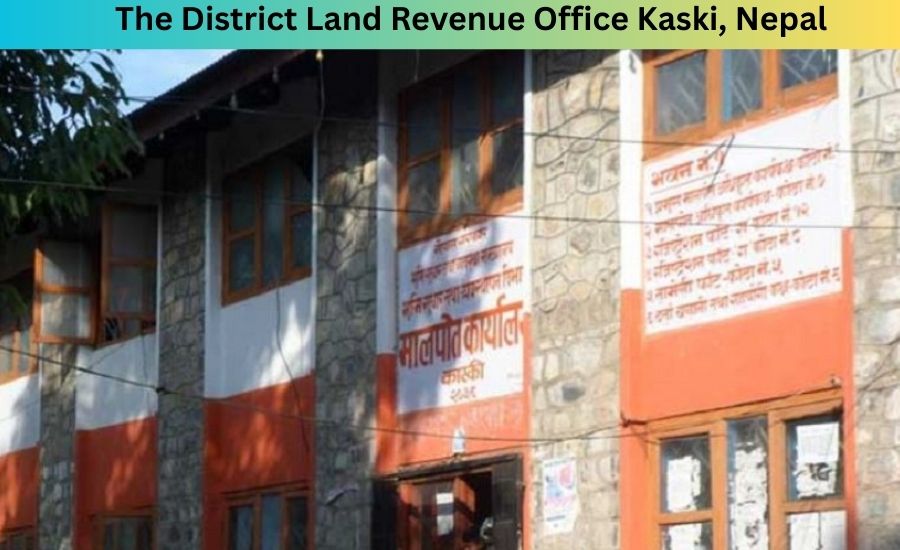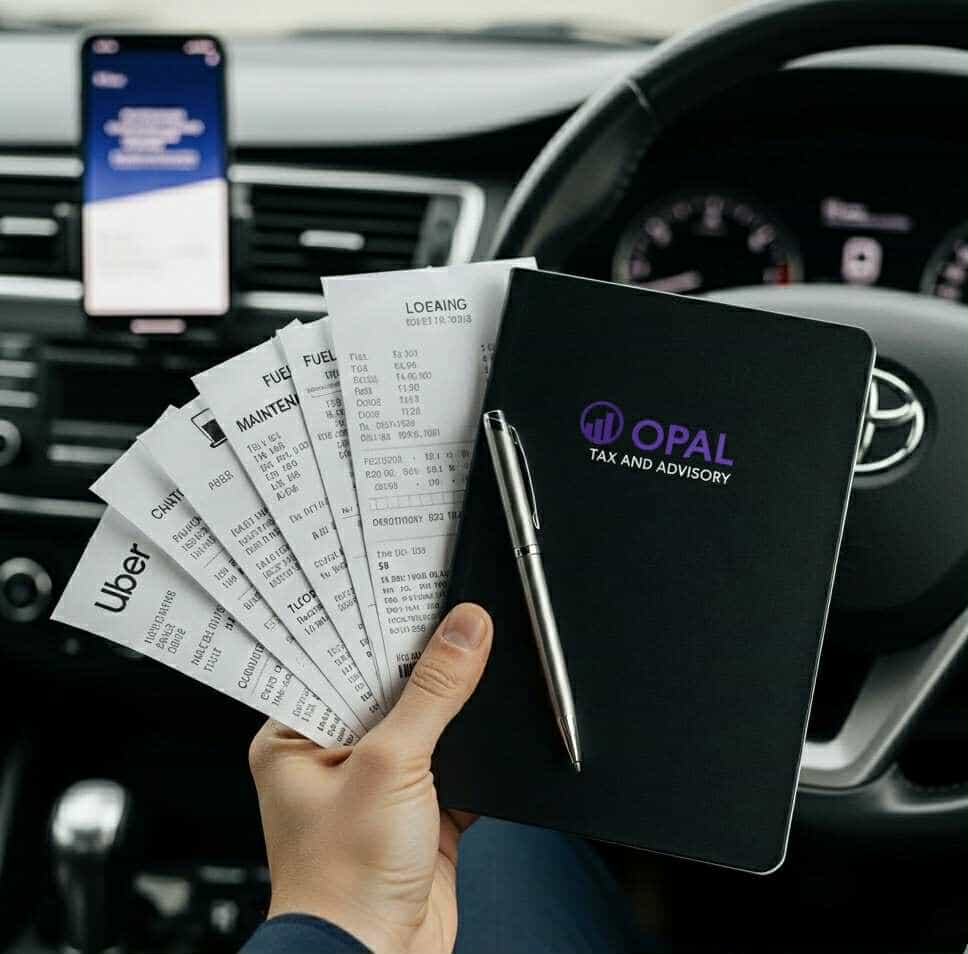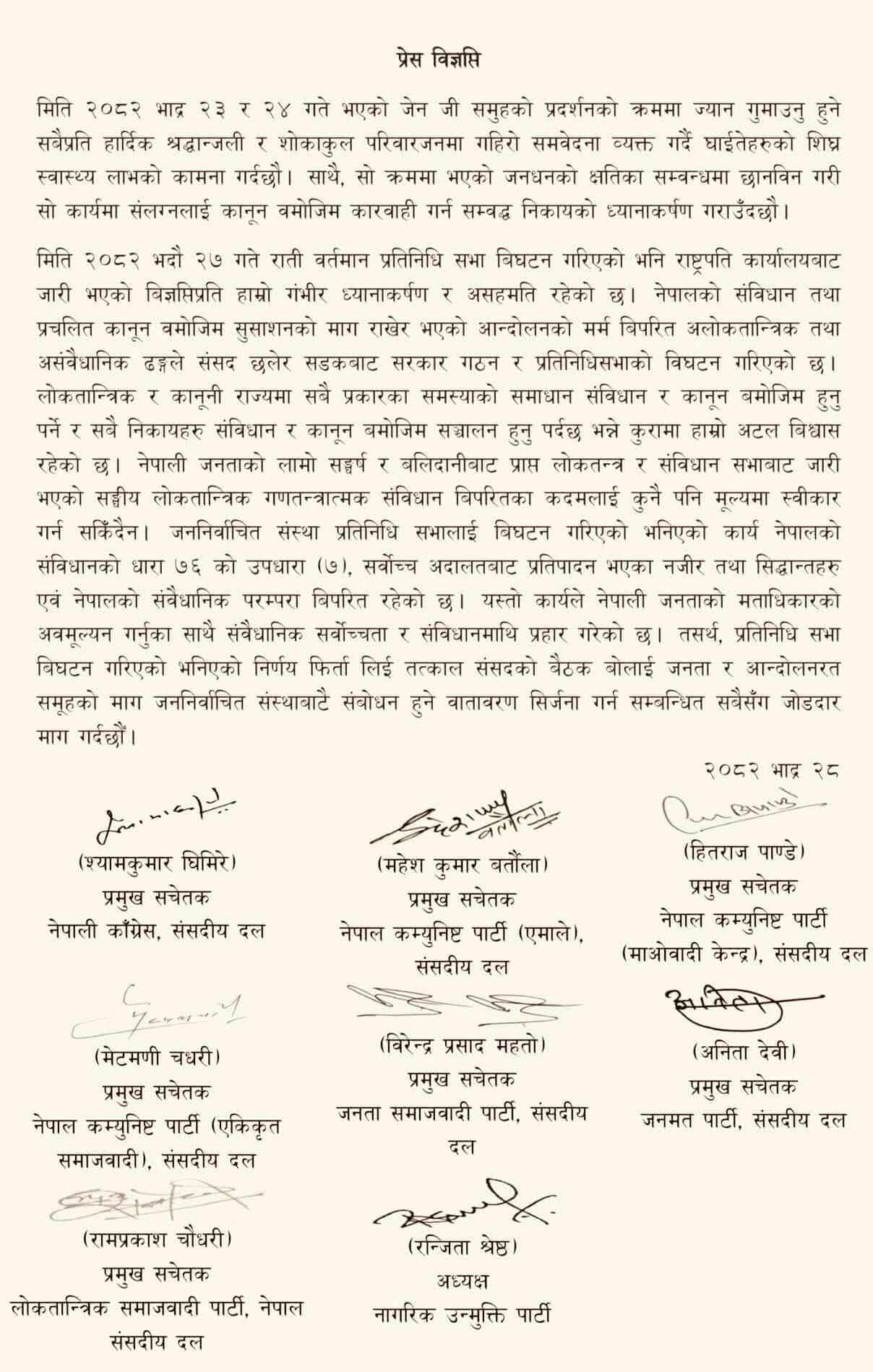: Amrit Sharma- Opal Tax & Accounting
Driving for rideshare in Australia isn’t just a side hustle ; it’s considered running a small business. That means the Australian Taxation Office (ATO) requires drivers to register, report, and pay taxes. If you don’t, you risk unexpected tax bills, penalties, and ATO audits.
The good news? With the right setup and recordkeeping, you can stay compliant and keep more of your earnings. Here’s a complete guide to help you understand your ABN, GST, BAS, income tax, and deductions.
1. ABN & GST: What Every rideshare Driver Must Know
- ABN (Australian Business Number): You’ll need an ABN before you can start driving. rideshare won’t pay you without one.
- GST (Goods and Services Tax): Unlike most small businesses, rideshare drivers must register for GST from the first dollar earned. Every ride you complete includes 10% GST, which you must report and pay to the ATO.
👉 Tip: Register for GST as soon as you start to avoid fines or compliance issues.
2. Understanding Your Rideshare Taxes
- Income Tax: Your rideshare earnings are part of your assessable income.
Taxable income = rideshare income – allowable deductions.
You’ll pay tax at your individual tax rate (like any sole trader).
GST on Fares: You collect GST from passengers and pay it to the ATO.
The bonus? You can claim GST credits on eligible business expenses like fuel, servicing, insurance, and car washes.
3. Reporting Obligations: BAS & Income Tax
- Business Activity Statements (BAS): As a GST-registered rideshare driver, you must lodge BAS to report GST collected on fares, GST credits on expenses on Quarterly BAS deadlines ( Every Quarterly).However, Some drivers lodge monthly, due on the 21st of the next month.
- Income Tax Returns: Simply the time frame for income tax return is
Due 31 October if you lodge yourself. If you use a tax agent, you may get an extension until May. Report rideshare earnings under Business Income.
👉 Tip: Lodge on time to avoid late fees and interest charges.
“Practical advice to simplify your Rideshare journey and reduce tax stress.”
Best Practices of Recordkeeping: Keeping strong records helps you maximise deductions and stay ATO-compliant.
What to keep:
- rideshare trip statements & Logbook for car use.
- Receipts for fuel, servicing, repairs, registration, insurance.
- Phone & internet bills (business portion only).
- Parking & toll receipts.
Do’s and Don’ts to Save Tax:
Do’s: Keep a logbook, save receipts, claim depreciation, set aside money for GST/tax, and use a tax agent.
Don’ts: Don’t assume rideshare handles tax, don’t lodge late, don’t over-claim private expenses, and don’t ignore ATO reminders.
Common Mistakes: Forgetting rideshare doesn’t withhold tax, mixing business/personal expenses, not keeping a logbook, and missing BAS deadlines.
Smart money tip:
- Open a separate GST savings account. Transfer 10% of rideshare earnings into it weekly.
- Also set aside 20–30% of income for income tax.
- This way, your tax money is ready when BAS and returns are due.
Final Thoughts
Being a rideshare driver in Australia means running a small business. That comes with obligations ABN, GST, BAS, and income tax but also opportunities to claim deductions and save.
By registering correctly, setting aside money, keeping excellent records, and lodging on time, you’ll avoid ATO trouble and keep more of your hard-earned income.
At Opal Tax and Advisory, we specialise in helping rideshare and rideshare drivers stay tax-compliant from ABN and GST registration to BAS and income tax returns.
👉 Need help with your rideshare tax return or BAS lodgement? Contact Opal Tax and Advisory today for expert advice and stress-free tax solutions.






















Comments